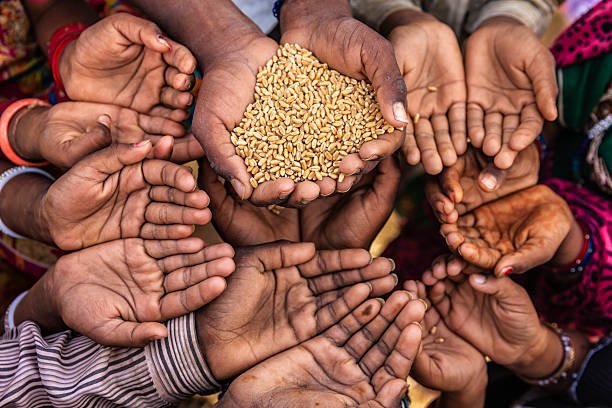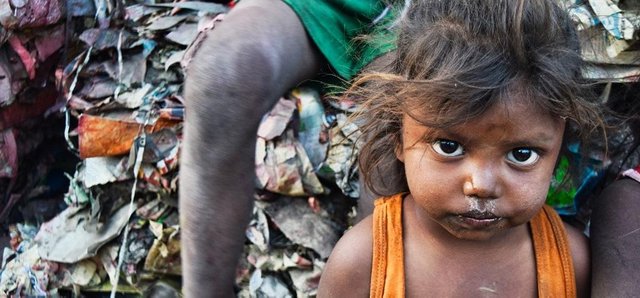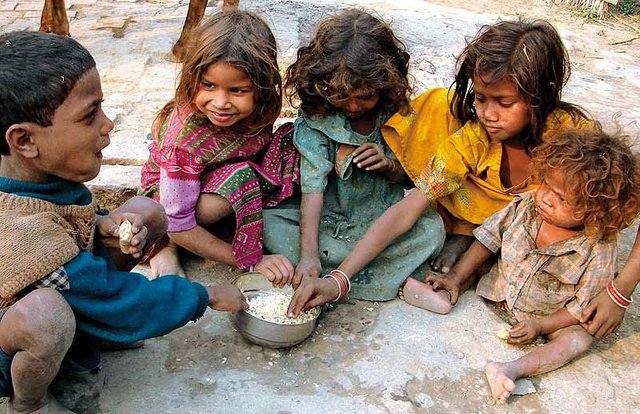The Hidden Reality of Poverty: A Global Crisis

Poverty, a scourge that has plagued societies for centuries, remains an enduring challenge in our modern world. Despite advancements in technology and globalization, millions of people around the globe continue to live in impoverished conditions, struggling to meet their basic needs. This article delves into the multifaceted nature of poverty, its root causes, and the impact it has on individuals and communities worldwide.
Defining Poverty
Poverty is often defined as a state of deprivation, characterized by a lack of income, resources, and access to basic necessities such as food, shelter, and healthcare. However, poverty is not just about material deprivation; it also encompasses social, political, and cultural factors that contribute to a lack of opportunities and barriers to upward mobility.

The Global Scope of Poverty
Poverty is a global phenomenon that affects people in both developing and developed countries. According to the World Bank, approximately 10% of the world's population lives in extreme poverty, defined as living on less than $1.90 per day. This figure underscores the pervasive nature of poverty and its impact on millions of individuals and families worldwide.
Root Causes of Poverty
While poverty is a complex and multifaceted issue, several key factors contribute to its persistence. These include:
Lack of Education: A lack of access to quality education can perpetuate intergenerational poverty, as individuals are unable to acquire the skills and knowledge necessary to secure stable employment.
Unemployment and Underemployment: High levels of unemployment and underemployment can trap individuals in a cycle of poverty, as they struggle to earn a living wage.
Inequality: Economic and social inequalities can exacerbate poverty, creating barriers to access to essential services and opportunities.
Conflict and Political Instability: Countries affected by conflict and political instability often experience higher levels of poverty, as resources are diverted away from development initiatives.
Environmental Factors: Environmental degradation and climate change can disproportionately affect the poor, leading to food insecurity, displacement, and loss of livelihoods.
The Impact of Poverty
Poverty has far-reaching consequences that extend beyond the individual level to affect entire communities and societies. Some of the key impacts of poverty include:

Health: Poor individuals are more likely to suffer from health issues due to inadequate access to healthcare and nutrition.
Education: Children living in poverty are less likely to attend school, leading to lower educational attainment and reduced opportunities for future employment.
Economic Development: Poverty can hinder economic development, as individuals and communities are unable to fully participate in the economy.
Social Cohesion: Poverty can erode social cohesion and trust, leading to increased social unrest and conflict.
Addressing Poverty: A Call to Action
Addressing poverty requires a multifaceted approach that addresses its root causes and provides individuals with the tools and resources they need to lift themselves out of poverty. Some key strategies include:
Education: Investing in education can help break the cycle of poverty by equipping individuals with the skills and knowledge they need to secure stable employment.
Economic Empowerment: Providing access to financial services and entrepreneurship opportunities can help individuals generate income and build assets.
Social Protection: Implementing social protection programs such as cash transfers and food assistance can help alleviate immediate needs and reduce vulnerability to poverty.
Sustainable Development: Promoting sustainable development practices can help mitigate the impact of environmental factors on poverty and ensure a more equitable distribution of resources.
Conclusion
Poverty remains a pressing global challenge that requires urgent attention and action. By addressing the root causes of poverty and implementing strategies that empower individuals and communities, we can work towards a more just and equitable world where everyone has the opportunity to thrive.